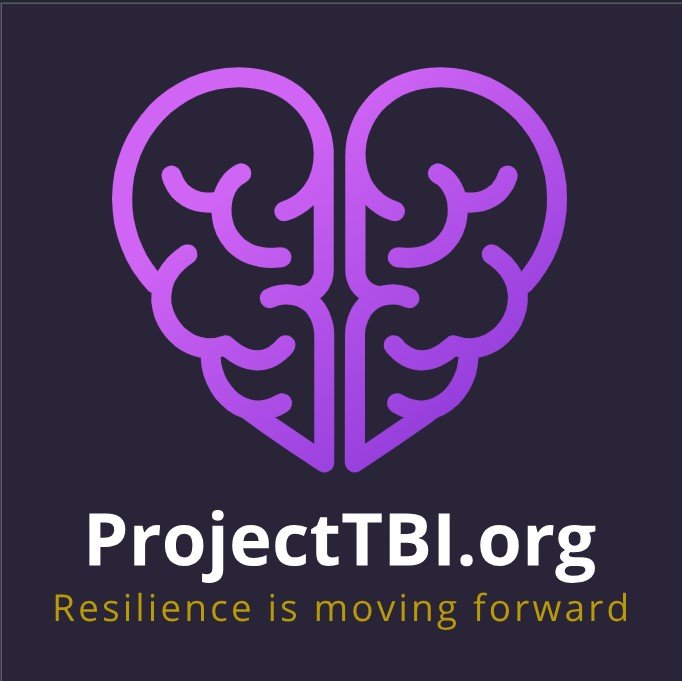Diabetes: A Burden Chosen by No One
For millions of Americans, diabetes is not just a diagnosis—it’s a lifelong financial sentence. At the center of this struggle is insulin, a hormone essential to survival but treated in the U.S. like a luxury commodity. The high cost of insulin and related diabetic supplies functions as an indirect, punitive tax on patients, regardless of how they came to need it.
Type 1 diabetes, also known as juvenile-onset diabetes, typically develops in children and young adults. It is an autoimmune disease in which the body mistakenly attacks the insulin-producing cells of the pancreas. These individuals had no control over their diagnosis. No diet, exercise, or lifestyle change could have prevented it. And yet, they are expected to shoulder enormous costs—sometimes hundreds or even thousands of dollars per month—to stay alive.
For these patients, the pricing of insulin is not merely unjust; it’s cruel. They didn’t make a poor health decision. They didn’t ignore warning signs or fail to manage risk factors. They just got sick. And our system punishes them for it.
Type 2 Diabetes: A Complex Result of Lifestyle and Inequality
Type 2 diabetes, which typically appears later in life, is often associated with lifestyle factors like poor diet, lack of exercise, and obesity. It is sometimes viewed as a preventable disease, and in many cases, that’s true. But that doesn’t mean it's simple or that everyone who develops Type 2 is solely to blame.
Socioeconomic disparities, food deserts, chronic stress, cultural factors, and limited access to preventive healthcare all play major roles in shaping individual lifestyle options. Even when lifestyle changes might have made a difference, it’s not as though people choose diabetes any more than they choose poverty or trauma.
And once diagnosed—regardless of how or why—patients are subjected to the same inflated costs and life-or-death choices as those with Type 1.
Insulin as a Market Commodity: Who Profits?
The real injustice is that no one—not the child with Type 1, nor the adult struggling with obesity and stress—should be exploited for needing a basic, life-sustaining hormone. Insulin prices are artificially inflated by a system that rewards profit over public health. Pharmacy benefit managers (PBMs), pharmaceutical companies, and insurance plans all take their cut while patients go into debt, ration their doses, or worse.
The pricing model functions like an unofficial tax, one that hits hardest the very people least able to afford it. It’s not based on income or assets. It’s based on biology—and that makes it feel punitive and inhumane.
Shifting the Conversation: From Shame to Solutions
It’s time to reframe the national dialogue. Instead of moralizing illness, we need to:
Mandate pricing transparency and cap insulin costs
Expand access through government and nonprofit programs
Separate the conversation about prevention from the conversation about care
Offer compassion to all diabetic patients—because no one deserves to be punished for being sick
The high cost of insulin is not just a health issue; it’s a social justice issue. Until we demand reform, we’re allowing a system to persist that taxes the vulnerable for being human.
